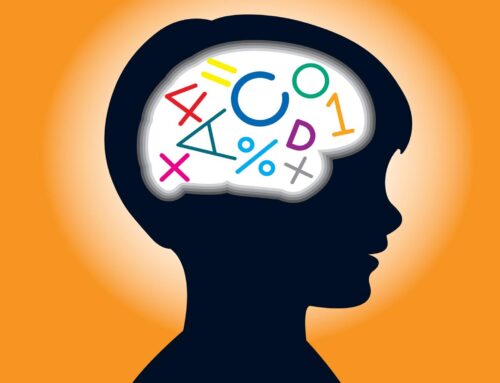It may come as a surprise that even young children are susceptible to feelings of anxiety and depression. For parents and caregivers of children under the age of five, it is vital to be aware of the signs of emotional distress for this vulnerable age group. While detecting anxiety and depression in young children can be difficult, doing so may prevent future mental health issues and foster wellbeing into adulthood.
To help parents recognize early warning signs of anxiety and depression in their children, the Centre of Excellence for Early Childhood Development (CEECD) and a partner organization compiled a useful list of guidelines. They recommend that parents make an ongoing effort to note any sudden changes in mood, activity level, or sleep and eating patterns exhibited by their children. Parents and caregivers should also pay attention to overly nervous, self-conscious, or worried behavior, especially in the child’s interaction with others. If concerns arise based on these observations, parents may wish to seek support from a psychologist or other professional.
Helping your child vocalize his or her fears is an important step in learning how to regulate them. Start by asking children to describe what worries them, as well as when and how often they find themselves feeling this way. Once the root of your child’s trouble is identified, developing a plan for coping with and reducing negative thoughts or behavior becomes easier. Responsive parents who provide a caring home environment, effectively manage their own emotions, and know when to seek outside guidance for their young children are more likely address the needs of their child in a prompt and effective manner.
For more information, you can review the CEECD fact sheet on childhood anxiety and depression. If you have any additional concerns, our child and family therapists at Georgetown Psychology Associates are available to help. Give us a call at (202) 333-6251 to learn what we can do for your family.



